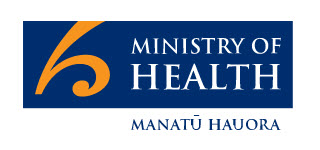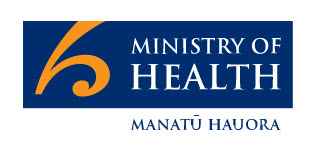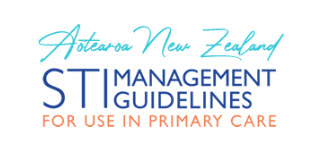
|
|
Evidence-based recommendations for the health and social care sector, developed by independent committees, including professionals and lay members, and consulted on by stakeholders.
|
|

|
|
The FSRH Standards and Guidance webpages and resource centre for SRH professionals allows you to search for clinical guidance produced by the FSRH Clinical Effectiveness Unit (CEU) and service standards produced by the FSRH Clinical Standards Committee.
|
|

|
|
The International Society for the Study of Vulvovaginal Disease gathered a group of experts, with the intention to standardize and make easily available recommendations for the diagnosis and treatment of vaginitis.
Vulvovaginitis is among the most common gynecologic diagnoses in both primary care and lower genital tract specialist care worldwide, with most women experiencing at least one lifetime episode.
Members and non-members of the International Society for the Study of Vulvovaginal Disease (ISSVD), acknowledged as experts in the field of vulvovaginitis, from different countries and backgrounds, were invited to participate in this mission.
|
|

|
|
Guidance from the Ministry of Health Published online 07 December 2020
|
|

|
|
Long-Acting Reversible Contraception: Health Practitioner Training Principles and Standards - a guide available from the Ministry of Health
|
|

|
|
A sexual health check involves taking a sexual history, and offering appropriate testing. See Aotearoa New Zealand STI guidelines.
|
|

|
|
Guidelines for gender affirming healthcare for gender diverse and transgender children, young people and adults in Aotearoa New Zealand
|
|
|
|
|
Monkeypox podcast
Date Published: Wednesday, September 21, 2022
Duration: 33:18
Dr Julia Scott a Sexual Health Physician and Public Health Medical Officer, and Dr Gary McAuliffe a Clinical Microbiologist and Virologist discuss the recent monkeypox (MPX) outbreak.
|
|
|
|
|
Publication
Non-steroidal anti-inflammatory drugs (NSAIDs): avoid use in pregnancy
Prescriber Update 43(3): 31–32
01 September 2022
Key messages
NSAIDs are contraindicated in the third trimester of pregnancy.
NSAIDs should not be used during the first two trimesters of pregnancy unless the expected benefits to the mother outweigh the risks to the fetus. If there is a compelling need for NSAID treatment during the first or second trimester, limit use to the lowest effective dose and shortest duration possible.
Enquire about NSAID use in people who are pregnant or planning pregnancy and advise them not to self-medicate with these medicines during pregnancy.
|
|
|
|
|
Web Article
How prostate cancer may begin
Date: September 22, 2022
Source: University of East Anglia
Summary: Researchers have made an important discovery about how prostate cancer may start to develop. A new study reveals that the prostate as a whole, including cells that appear normal, is different in men with prostate cancer. It suggests that tissue cells throughout the whole prostate are primed and ready to develop prostate cancer. This means that it may be better to treat the whole prostate rather than only the areas in the prostate that have cancer. The team hope their work could help scientists better understand the causes of prostate cancer, and even prevent it altogether.
|
|